Disasters of this sort happen much more rarely in books of the second category. Or rather, the things that do go wrong are sent from outside to try the heroic château-owners: items such as the French Revolution, the German occupation, hail, drought, floods, phylloxera, mildew and oidium. Disasters are there to be triumphed over; owners (or, at any rate, recent owners) are always doing their best, even when the world is less than the best possible. Greed, corruption, exploitation of employees and sharp practice turn up as rarely in the literary genre that is the château profile as does premarital bonking in Barbara Cartland. (And just out of interest, were there no collaborators in the vineyards during the last war? I’ve yet to read of any.) Of course, these books tend to be commissioned when the château is rich and its label famous; even so, it would be a nice change to read some day of an estate where the vineyards were wrecked, the workforce pissed, the proprietors fraudulent and the wine disgusting. In the meantime we have Asa Briggs: ‘I would not have written this book, however, had I not been invited to do so by the Duc and Duchesse de Mouchy, and they, along with other members of the Dillon family (who now own the vineyard) on both sides of the Atlantic, have given me great encouragement – and offered me memorable hospitality – throughout the inevitably protracted period of my research.’ Well, yes. Briggs does his little nods and bows, and writes with the bonhomie of a trusted courtier. He imparts all the key information that official sources will disclose about Haut-Brion; he writes effectively about the wider history of the Bordeaux wine trade (which perhaps should have been his subject in the first place), and fascinatingly about the city under the Revolution, when the owner of Haut-Brion was sent to the guillotine. But it is not for nothing that the name Asa Briggs, as a New Statesman competition entrant pointed out, is an anagram of Sir Gasbag. He just can’t help the pompous and the self-referential: ‘The year 1938, when I went up to university, was only an ‘average year’, rather like 1939, the first year I visited Bordeaux before war reached it … I have never tasted the 1955, the year of my marriage’. He is also a generous quoter of the gasbaggery of others. Take this insight from that ‘great citizen and long-time Mayor of Bordeaux’, Jacques Chaban-Delmas: ‘The spirit of a city takes bodily shape, so to say, across time and across the history that defines, affims and perpetuates both its identity and its raison d’être.’ Not much will have gone missing in the translation.
It is, no doubt, the fault of the genre, but Haut-Brion avoids controversy like a corked bottle. Briggs praises Edmund Penning-Rowsell’s ‘thoughtful and wide-ranging’ The Wines of Bordeaux, but does not quote its author’s judgement that ‘vinously the château has had its ups and downs in this century’. Briggs is ‘deeply impressed’ by Robert Parker and his ‘outstanding personality’, but does not refer to Parker’s assertion that the château produced ‘simplistic’ claret in the years 1966-74: ‘Whether this was intentional,’ Parker writes in Bordeaux, ‘or just a period in which Haut-Brion was in a bit of a slump remains a mystery. The staff at Haut-Brion is quick-tempered and sensitive about such a charge.’ Briggs also manages to blandify the potentially interesting anecdote. There is a story about Malcolm Forbes (‘who died while I was carrying out research for this book’), who at one extreme famously bought a bottle of Jefferson claret for $156,000, and at the other several hundred bottles of 1965 Haut-Brion for $5 a throw. ‘Forbes described himself as an appreciator of wine rather than as a collector, and he was a shrewd appreciator at that, a man who liked a bargain,’ Briggs notes. He records Forbes’s opinion that the 1965 got ‘better and better’ each time he drank it, the owner of Haut-Brion’s view that Forbes had been ‘quite right’ to have bought the wine, and ends by nervelessly quoting the Haut-Brion brochure to the effect that the wine is ‘astonishing for the vintage’. Sir Gasbag concludes: ‘Six thousand cases of Haut-Brion were produced in 1965. The comparative figures for 1964 and 1966 were 17,500 and 19,500. Forbes obviously knew what rarity meant.’ Among the fawning and the back-slapping lies a moderately interesting story about the penny-pinching of the super-rich. Of course, the reason the 1965 is ‘rarer’ than those on either side of it was because of climactic conditions which made it one of the crappiest of all postwar vintages, in which Haut-Brion produced a marginally less crappy wine than some of the other first growths. And would any vineyard-owner ever willingly dump on his own wine in overt contradiction of a millionaire client? I once attended a vertical tasting of a second-growth claret in the presence of the owner and her business manager. Among several excellent vintages there was an obvious super-dud of a 1958, which should long since have been emptied straight into the vinegar mother. When the owner arrived for the tasting she asked her manager in some puzzlement why they were showing the 1958. Because we have several hundred cases of it left,’ he replied. Whereupon, a few minutes later, she rose to her feet and gave measured praise to the lesser-known but arguably undervalued 1958.
Julian Barnes, “Did You Get Black Truffles on the Nose?”, Literary Review, 1994-10.

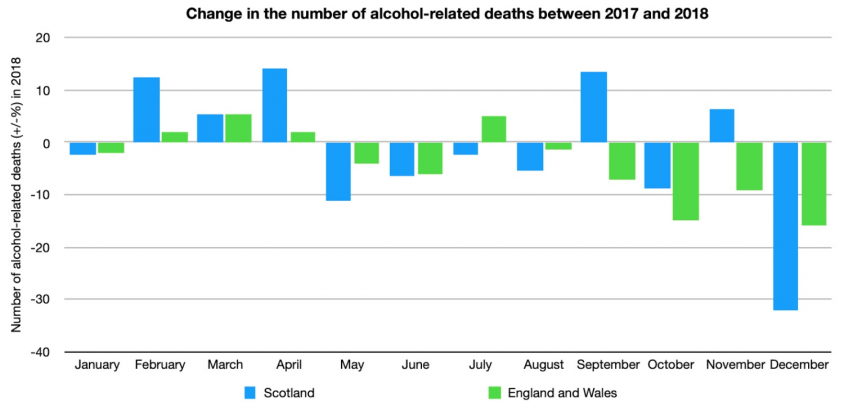
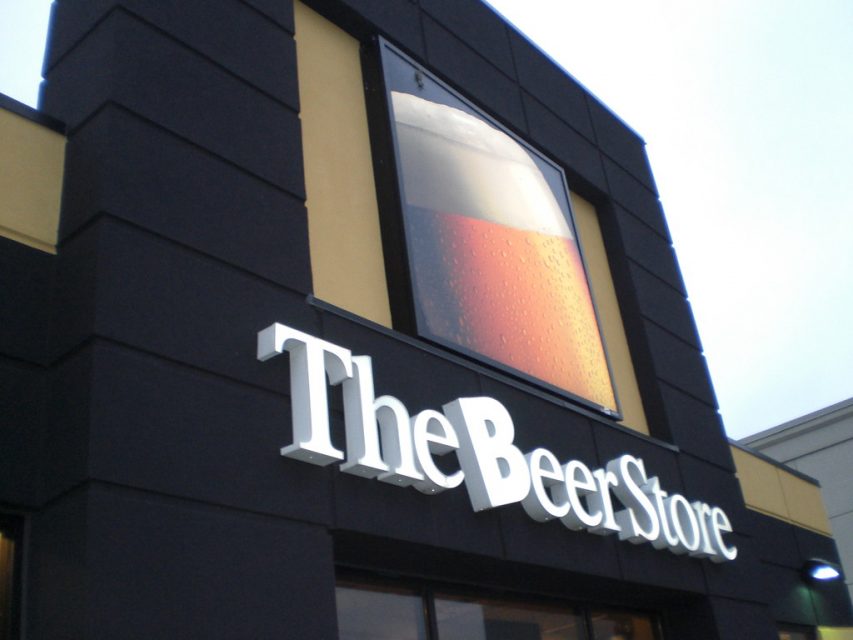
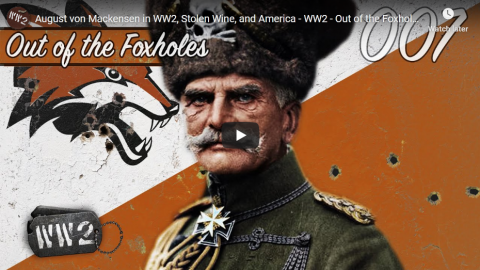

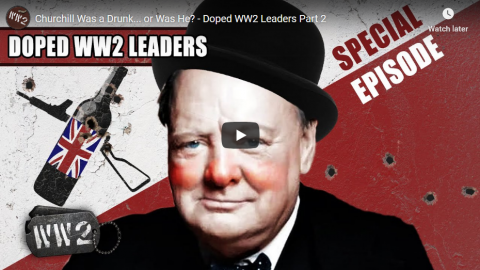

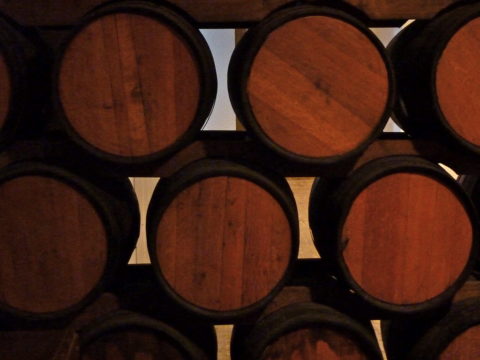
 Although the rest of the game may not be all that memorable for Dolphins fans, Minkah Fitzpatrick’s pick-6 in the second quarter and the 75-yard TD run to start the third were definite high points for Miami. Before Cousins threw that interception, Miami was down 21 points and the Vikings were threatening to run up the score. After the interception, the dreaded over-cautiousness came back to Cousins and he was clearly more worried about making mistakes than making plays. The Dolphins’ running touchdown was a fantastic effort that the football gods rewarded appropriately. Other than those two plays, however, there isn’t a lot of comfort for the team or the fans, especially when your quarterback ends up being sacked nine times.
Although the rest of the game may not be all that memorable for Dolphins fans, Minkah Fitzpatrick’s pick-6 in the second quarter and the 75-yard TD run to start the third were definite high points for Miami. Before Cousins threw that interception, Miami was down 21 points and the Vikings were threatening to run up the score. After the interception, the dreaded over-cautiousness came back to Cousins and he was clearly more worried about making mistakes than making plays. The Dolphins’ running touchdown was a fantastic effort that the football gods rewarded appropriately. Other than those two plays, however, there isn’t a lot of comfort for the team or the fans, especially when your quarterback ends up being sacked nine times.

